Words & Music is pleased to present a new series, “SOCAN Picks of the Month,” where several of our A&R Representatives choose the freshest sounds from SOCAN members that are leaving them especially impressed. We hope that this will encourage you to check them out, and explore their work further.
Moneyphone
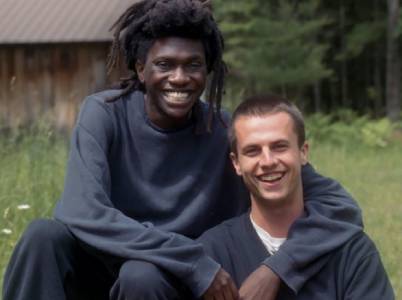
Sweet, genre-bending tunes from an exciting Toronto-based duo
Watch the video for “Indecision”
Listen to Moneyphone
Sael
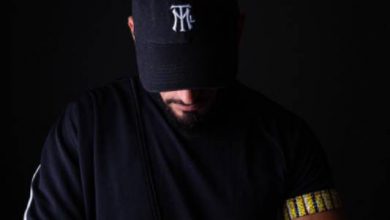
Montréal rapper who enjoys excursions into dancehall, trap, and reggae
Watch the video for “Coller coller”
Listen to his album Le pommier d’Ève
Hunnah
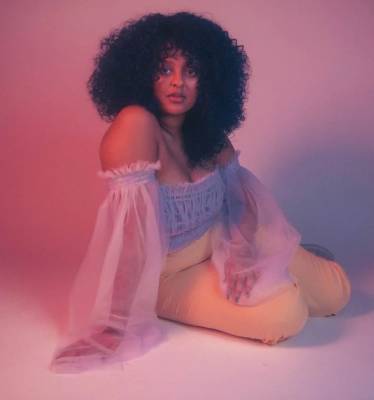
Eclectic R&B/smooth soul vibes, from Brampton, Ontario
Watch the video for “Think About It”
Listen to Hunnah
Jarrel The Young
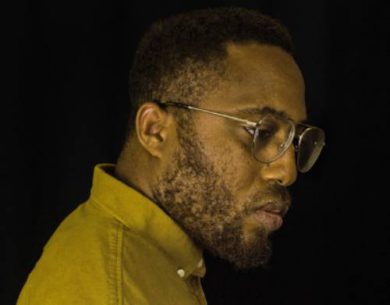
Alternative R&B from Toronto
Watch the video for “One Step”
Listen to Jarrel The Young
kmoe
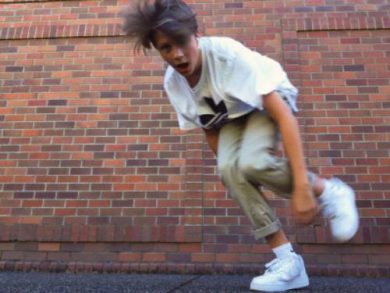
Catchy hyper-pop record from a 16-year-old in Vancouver
Watch the video for “iced tea”
Listen to kmoe